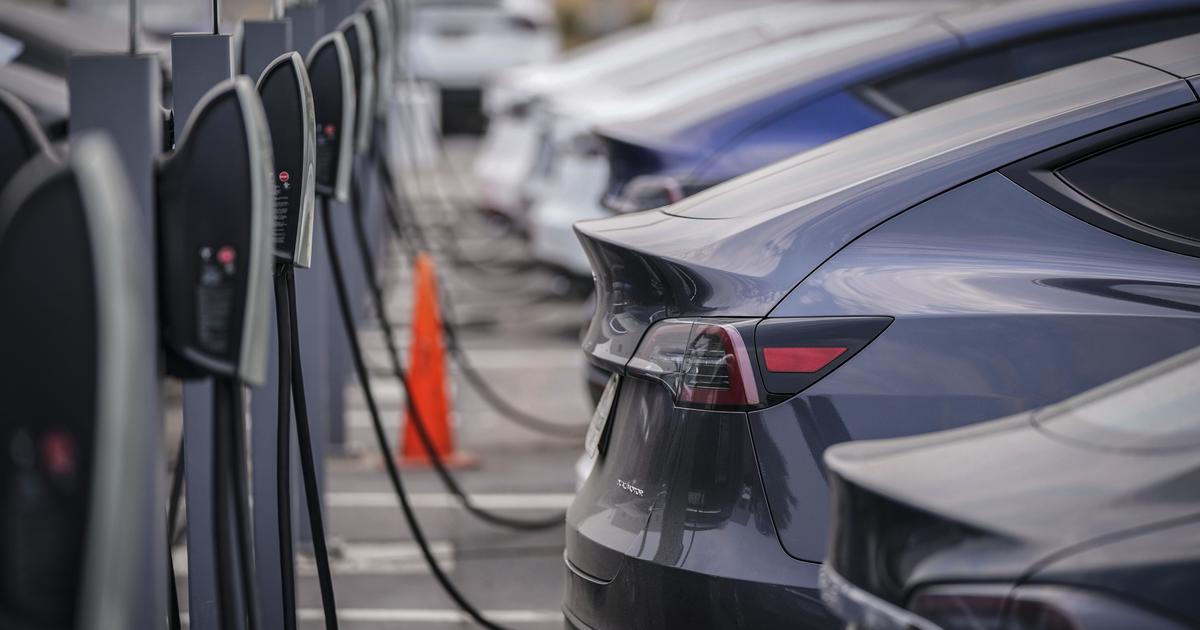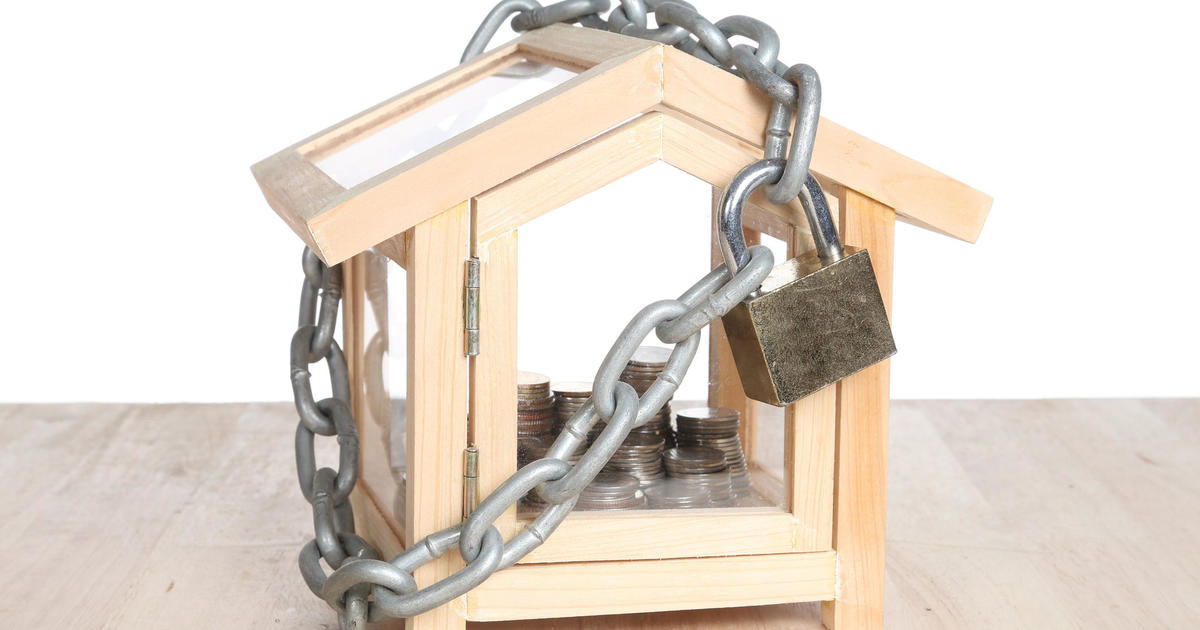Negative oil prices: What does that mean for consumers and the economy?
The world is awash in oil as demand drops from businesses and consumers alike amid the coronavirus pandemic. We're also running out of places to store it.
That in a nutshell explains Monday's strange and unprecedented action in the market for crude oil futures contracts, where traders essentially offered to pay someone else to deal with the oil they were due to have delivered next month.
The price of U.S. benchmark crude that would be delivered in May was selling for around $15 a barrel Monday morning, but fell as low as -$40 per barrel during the day. It was the first time that the price on a futures contract for oil has gone negative, analysts say.
"It's the worst oil price in history, which shouldn't surprise us, because it's the inevitable result of the biggest supply and demand disparity in history," said Ryan Sitton, commissioner at the Texas Railroad Commission, which regulates the state's oil industry.
There's little mystery as to why there's so little demand for oil: Efforts to limit the spread of the coronavirus have major cities around the world on lockdown, air travel has been seriously curtailed, and millions of people are working from home, leading to far fewer commuters on the roads.
The "jaw-dropping oil price collapse" may not be over, cautioned Edward Moya, senior market analyst at OANDA in a Tuesday research note to clients. "Today, traders are saying that they are not waiting till the next expiry to make oil prices crumble again."
But pumps are still running, extracting oil from the ground, and all that oil has to go somewhere. Here are some questions and answers about the latest developments in the oil patch:
Has the price of oil ever gone negative before?
Sometimes, the price on the future delivery of oil will get skewed by a surprise event, say an oil pipeline bursts. That can cause the price of a futures contract for a given month to be sharply higher or lower than that of the futures contract for the next month.
Usually, this is smoothed out by the market, but the sharp pullback in demand combined with a glut of oil has led to a dearth of oil storage capacity. That made it hard for traders with contracts for crude delivery in May to find buyers, which sent the contract price into negative territory.
"This has never happened before, not even close," said Tim Bray, senior portfolio manager at GuideStone Capital Management in Dallas. "We've never seen a negative price on a futures contract for oil."
How will this impact the price of gas at the pump?
Cheap oil leads to cheaper prices at the pump, which are often viewed as a boon for consumers. The average price in the U.S. for a gallon of regular gasoline fell to about $1.49 or less, more than $1 less than a year ago, according to AAA.
But this time around, it's not good for anybody, said Jim Burkhard, vice president at IHS Markit.
"Typically when oil prices fall, gasoline prices fall and that benefits consumers," Burkhard said. "But prices are falling today because hardly anyone driving, they're driving a lot, lot less. So it's difficult for anyone to take advantage of these lower gasoline prices if they're not driving. So there's no winner in this situation today."
What does it mean for the stock market?
The crash in oil prices is weighing on the stock market, with Dow Jones Industrial Average futures pointing to a decline of more than 2% on Tuesday morning. The plunge in the oil market is heightening concerns about the lasting impact of the pandemic, with oil industry stalwarts such as Exxon and Chevron likely to trade lower on Tuesday.
"U.S. equities are poised for a lower open on lingering concerns that the historic oil plunge will cripple a key part of the economy and as earnings season continues to see further cautious comments across the board," OANDA's Moya noted.
Are oil companies paying people to take away their crude?
While some companies may be paying others to take away their crude oil, that does not appear to be widespread.
Many analysts described the dip in crude oil prices as technical, related to the way futures contracts are written. Most buyers are currently purchasing oil that would be delivered in June, not May.
Even so, there were more than 150,000 of those futures contracts that traded hands, enough volume to make it meaningful, said Ryan Fitzmaurice, energy strategist at Rabobank.
"In my view, today's move was more technical in nature and related to the futures contract expiration," Fitzmaurice said. "We could see isolated incidents where oil companies pay people to take their oil away as storage and pipeline capacity become scarce but that is unlikely on a sustained basis."
What's going on with oil storage?
With far less gasoline and jet fuel being consumed, oil tanks are starting to fill up. Experts have been warning that global storage could fill up in late April or early May.
That's led some producers to decide to move oil now, because the space may become more valuable than the oil, Sitton said.
"There's so much oversupply, and storage is fulling up," Sitton said. "Eventually you go to a point where literally there's so much of a valuable commodity in the world that the commodity no longer has value. And that's what we're seeing."
Where will the oil go?
With many oil tanks filling up, the federal government is negotiating with companies to store crude oil in the Strategic Petroleum Reserve. But if all the storage tanks are full, oil companies will begin shutting in wells, which can damage oil fields. Many tankers are full of oil and floating at sea.
Why didn't the OPEC deal fix this?
Earlier this month, OPEC and its allies, with political pressure from the U.S. government, agreed to cut production by nearly 10 million barrels per day — about 10% of current global output. But some analysts feel the deal didn't go far enough to curb massive oversupply. It kept prices from falling farther for the time being, but there's still too much oil in the world.



